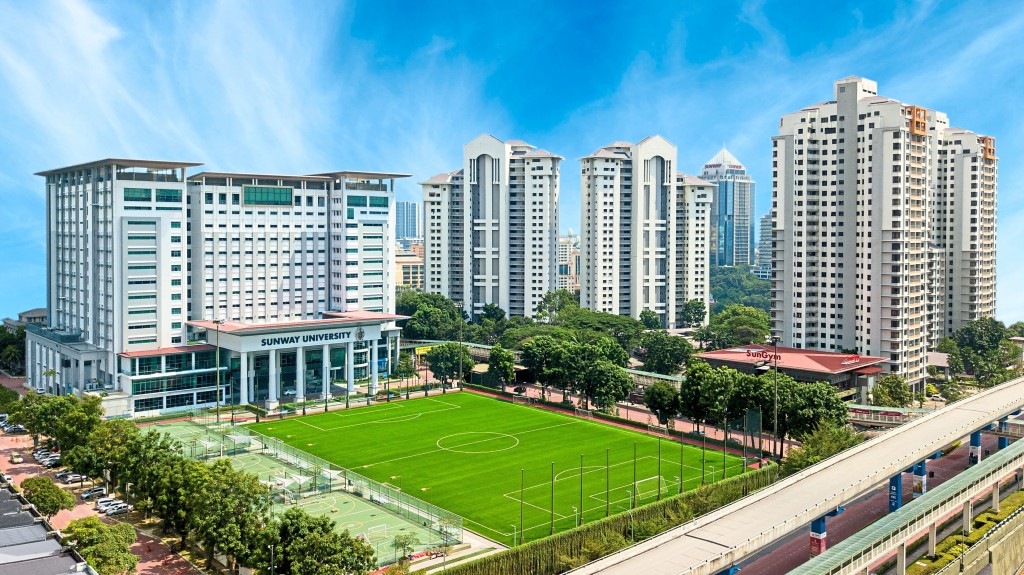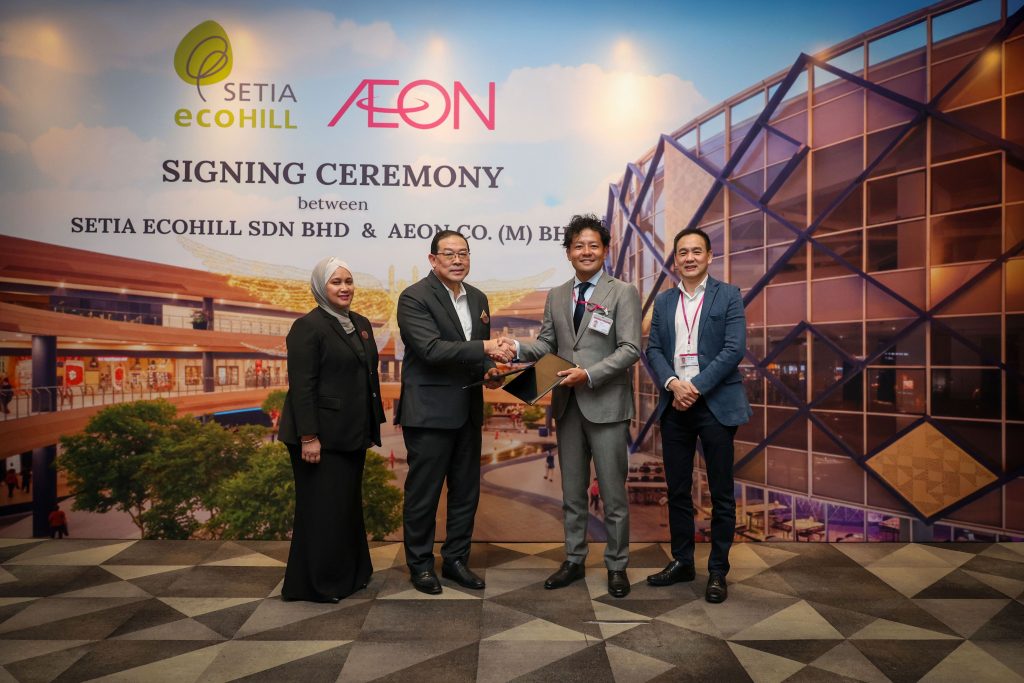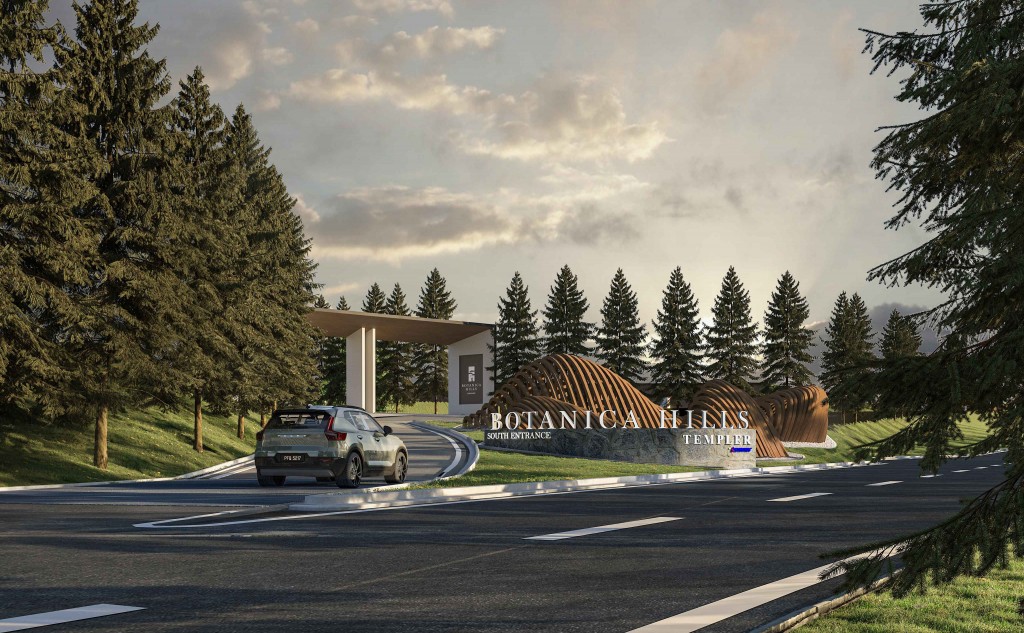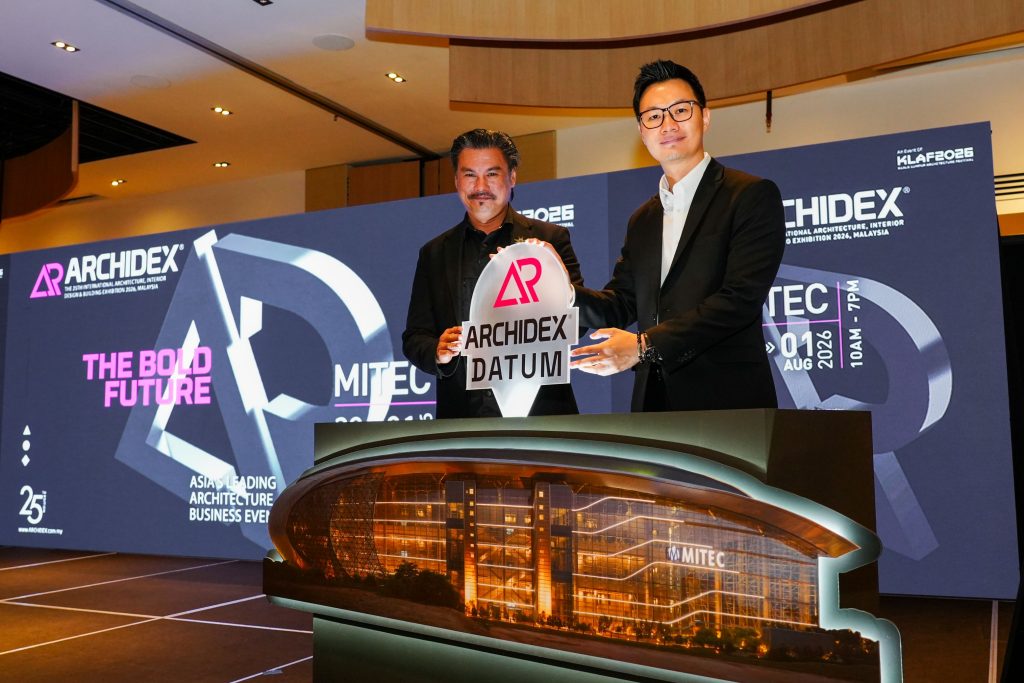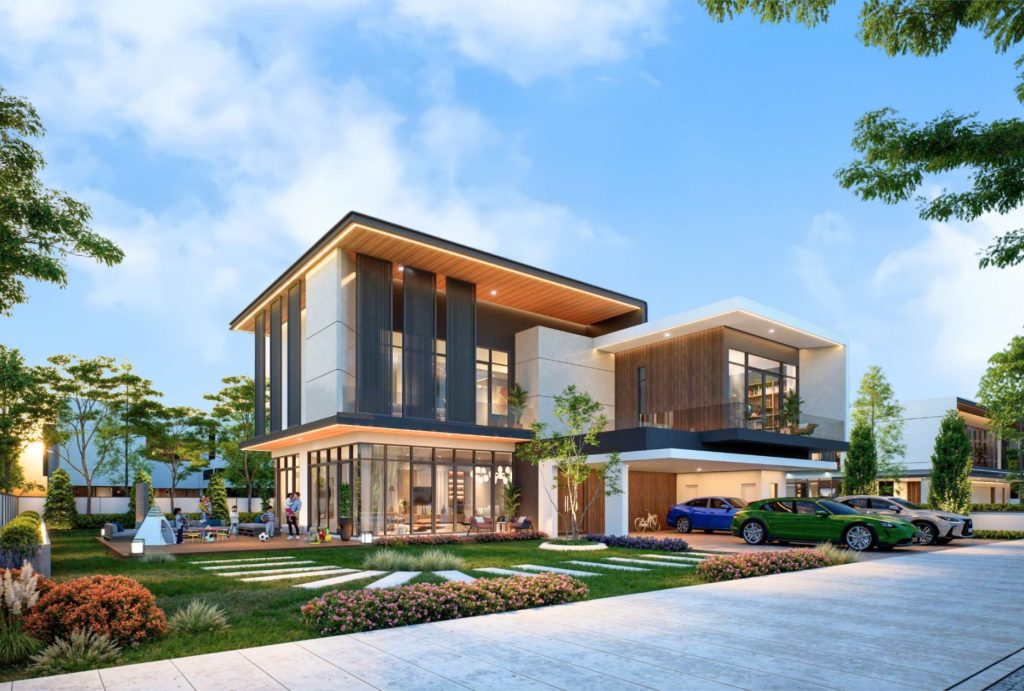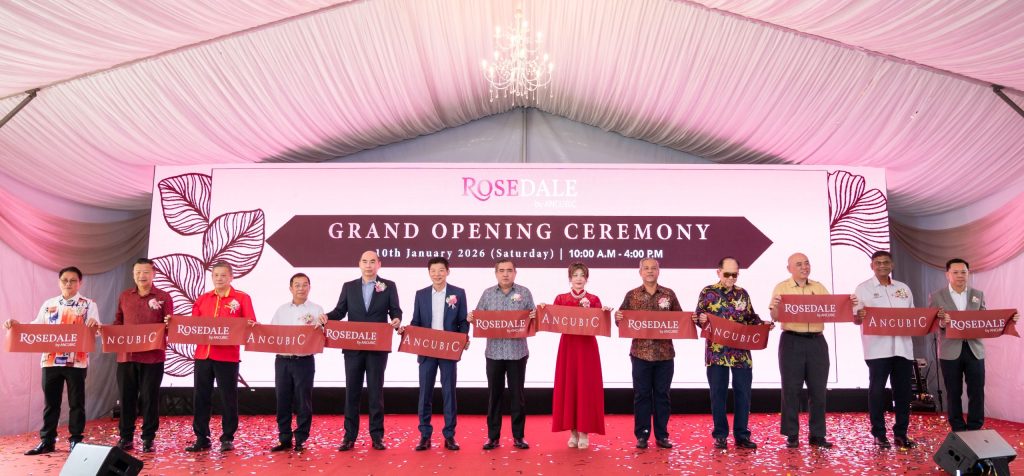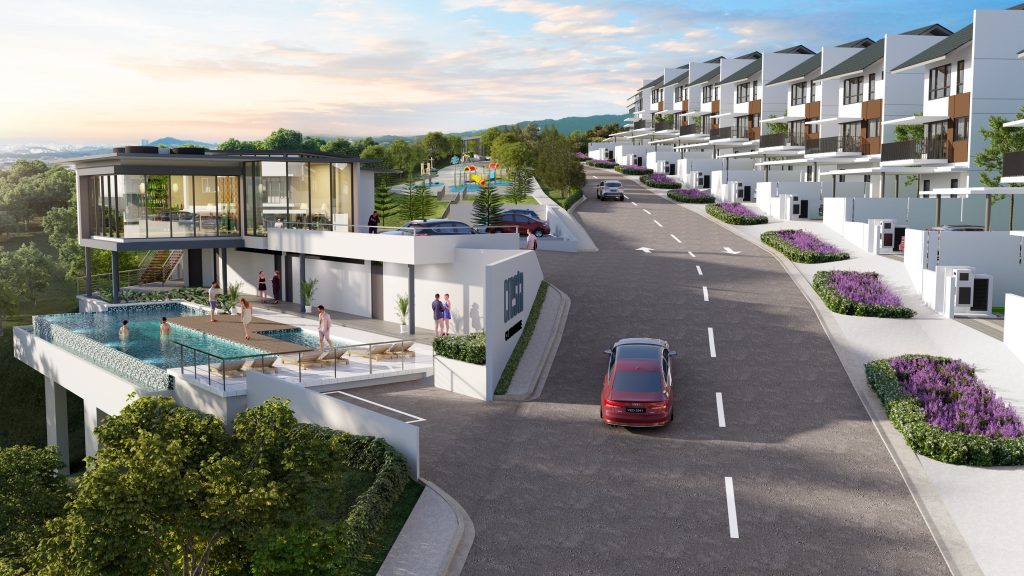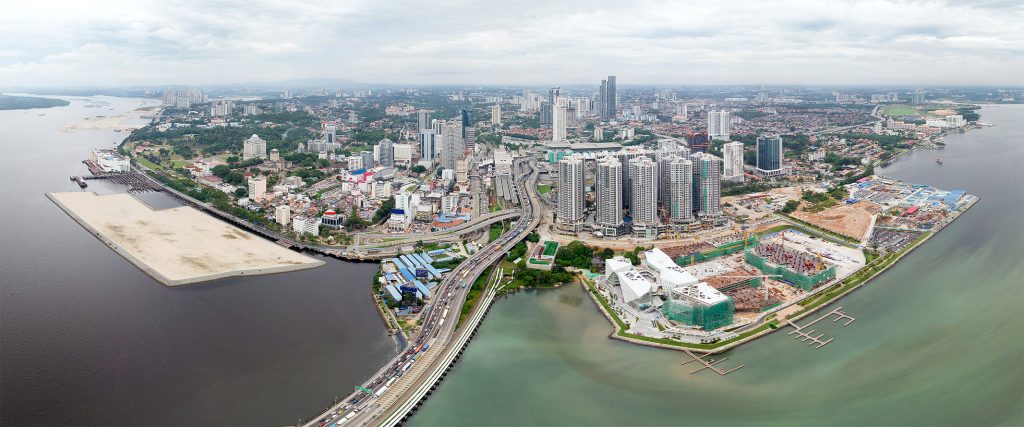Integrating learning with community living is creating a new wave of developments
By Joseph Wong
In the evolving landscape of urban development, the integration of educational elements into township designs is gaining significant traction. The concept of education-centric townships, where the environment and infrastructure are tailored to foster learning and development, is redefining how communities are built and sustained.
This approach is gaining traction among many property developers particularly among those who have ties with the education industry like Sunway Property and HCK Capital Group Bhd (HCK). Sunway Property is part of the bigger Sunway Bhd, which has Sunway Education Group comprising 23 institutions including Sunway University, Sunway Colleges and Sunway International School while HCK is linked to SEG International Bhd with its SEGi University, SEGi Colleges and international schools. Both property developers take it a step further by working with international institutions like Australia’s Peninsula International School for HCK’s EduSentral development and Monash University which resides in Bandar Sunway in Subang Jaya.
Other developers like Tropicana Corporation tie in with independent education providers like Tenby International School, Gems International School and St Joseph Institute International School. Similarly, Gamuda Land and Kiddypedia have also signed a pact recently. Such collaborations are revolutionising the spaces where residents live, work and grow.
Moreover, education-centric townships are built around the idea that learning should extend beyond the confines of traditional classrooms. These townships are designed to create an environment where education is seamlessly integrated into daily life. By incorporating educational facilities, programmes and opportunities into the fabric of the community, these townships aim to provide residents, especially children, with continuous access to learning resources.
Integrating learning opportunities
One of the key features of education-centric townships is the integration of learning opportunities within the community's physical spaces. In Gamuda Land’s townships, for example, parks, lakes and other natural environments serve as outdoor classrooms where children can engage in place-based learning. These programmes, developed in collaboration with Gamuda Parks, focus on topics like urban garden management and biodiversity conservation, extending across the entire academic year.
This approach not only enhances the educational experience for children but also strengthens the sense of community. By participating in shared learning experiences, residents of all ages can connect with one another, fostering a closely-knit community. This sense of belonging is further reinforced through community events and activities, which bring families together and encourage them to engage with their surroundings.
Empowering the next generation
Education-centric townships also play a crucial role in preparing children for the future by exposing them to a wide range of career possibilities. Such experiences are designed to reinforce learning and foster interdisciplinary teamwork, immersing participants in real-world challenges. By connecting classroom curriculum with the local community and environment, these programmes help children understand the relevance of their education and how it applies to the world around them. This not only enhances their academic performance but also inspires them to pursue their passions and contribute to their communities.
Kiddypedia chief executive officer Cavin Tan said: "These environments enable us to weave the classroom curriculum with the local community and culture, utilising the natural and cultural assets of the areas to enhance our learning programmes. Through immersive learning experiences that emphasise discovery, experience and play, we aim to deepen children’s understanding of the world around them, and inspire active participation in the local environment and community."
Moreover, these programs provide opportunities for parents to connect with other families in the community. By participating in activities and events together, parents can build strong support networks, share experiences, and learn from one another. This sense of community support is particularly important in today’s fast-paced world, where parents often face challenges in balancing work, family, and personal life.
Future-proofing communities
As education-centric townships continue to evolve, they are increasingly incorporating advanced technologies and sustainable practices to future-proof their communities. Additionally, these townships are designed with sustainability in mind, ensuring that the natural and cultural assets of the area are preserved and utilised to enhance learning experiences.
Field trips to the Wetlands Arboretum Centre at Gamuda Cove, for example, introduce children to the importance of wetland ecosystems and their role in environmental conservation. By teaching children about sustainability from a young age, these townships are helping to cultivate a generation of environmentally conscious individuals who are committed to protecting the planet.
The rise of education-centric townships reflects a growing recognition of the importance of holistic child development in urban planning. By integrating educational opportunities into the very fabric of the community, these townships provide children with the tools they need to succeed in school and in life. They also offer parents the support and resources they need to nurture their child’s growth and well-being.
As more developers and educational organisations recognise the value of this approach, education-centric townships are likely to become an increasingly popular choice for families. These communities offer a unique blend of modern living, sustainable practices, and lifelong learning opportunities, creating environments where both children and adults can thrive.
Stay ahead of the crowd and enjoy fresh insights on real estate, property development, and lifestyle trends when you subscribe to our newsletter and follow us on social media.

